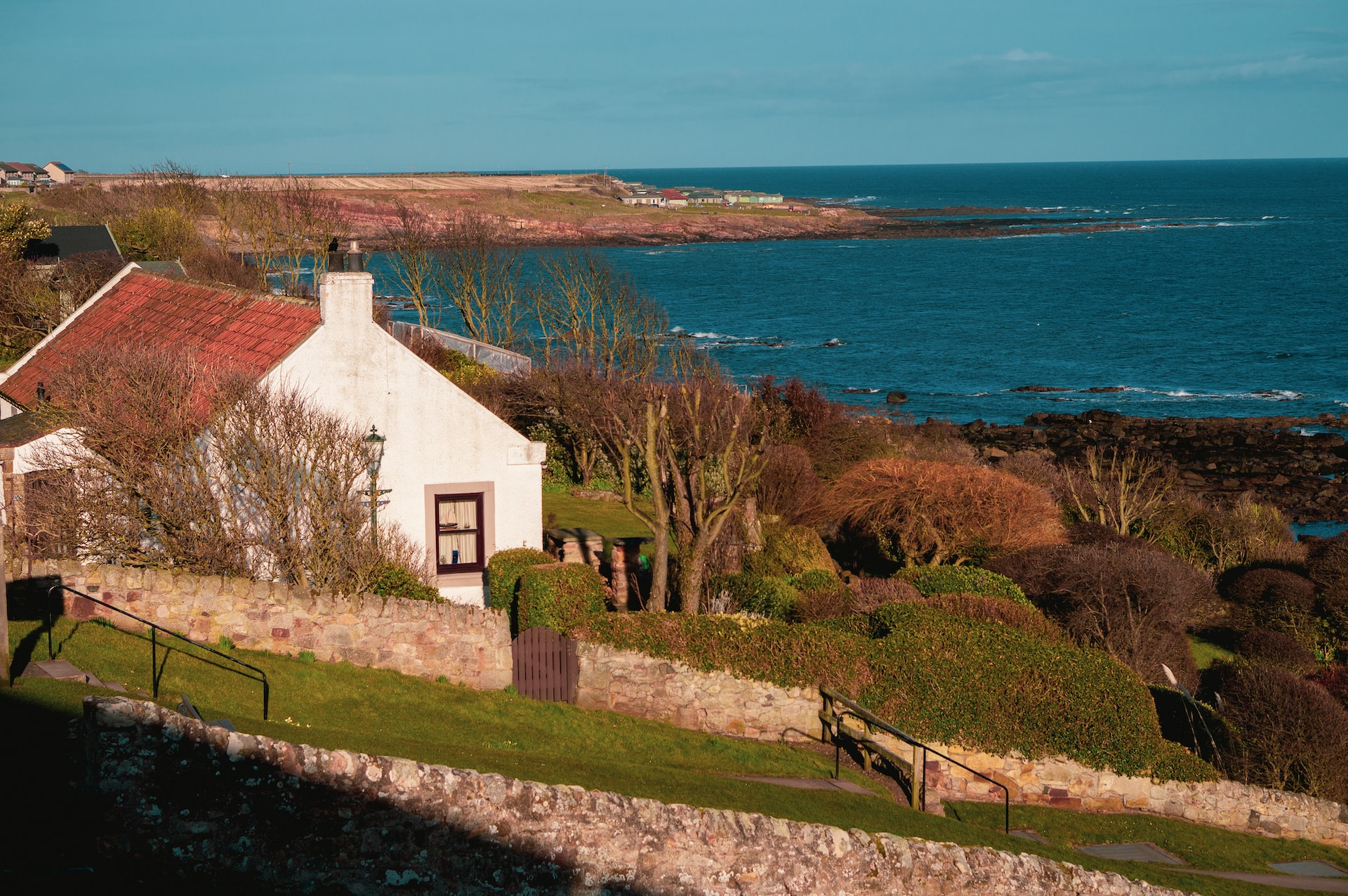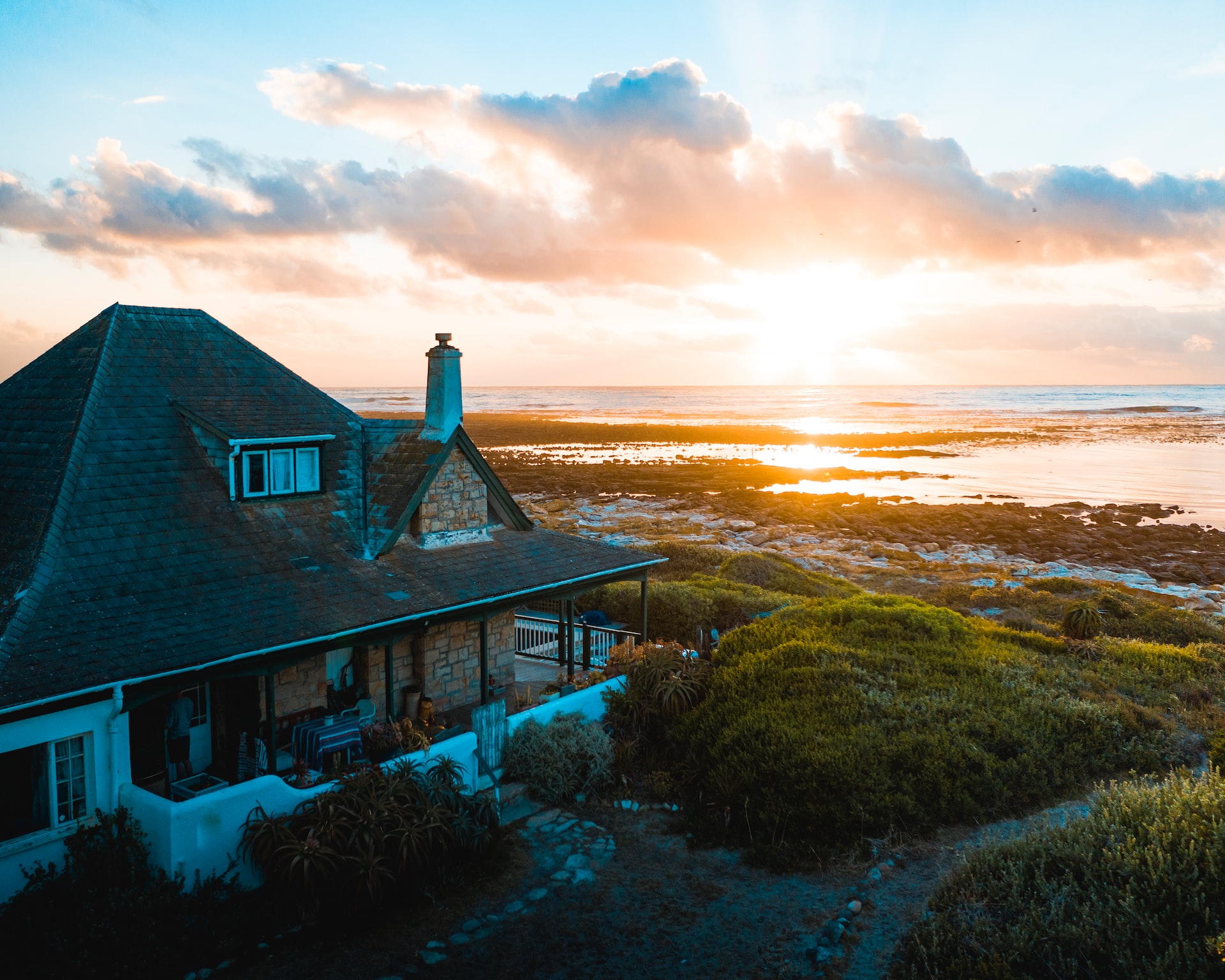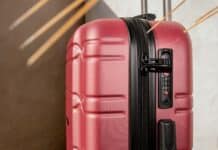Letting out your holiday home can be an attractive option should you own property in a desirable location.
These can be highly profitable due to being able to charge higher rent but are different to renting out a domestic property.
When letting out your holiday property, you must make sure that you are legally allowed to do so on a short-term basis.
You will also need to check if you are properly protected.
Taking out a robust holiday home insurance policy, for example, could prove useful should the unexpected happen.
Here we’ll delve into some of the legal rules and regulations you must adhere to when letting out your holiday home.
Will my Mortgage Lender allow it?
The level of risk that comes with short-term lettings can sometimes be considered too high for certain mortgage lenders.
As more people will be using the property, there is a higher risk of damage and long periods where the property will be left empty.
It’s best to speak with your current mortgage lender to see if they will still finance the property or offer a suitable alternative. I
f not, try and speak to an independent mortgage adviser to see what options are available.
If the property is leasehold, you’ll need to check the terms and conditions as this may prevent you from short-term letting. If in doubt, speak with the freeholder.


How long can I let the Property out for?
In order for a property to be classed as a holiday let, it must be available to guests for at least 210 days each year.
This means that you still have 22 weeks of the year to use the property for yourself.
The property must also be fully furnished, although you may be able to benefit from the ‘furnished holiday lettings’ tax relief. The advantage of this is that you can claim capital allowances on things like furnishings and fixtures.
Capital allowances can also be offset against income, so you pay less tax and hold on to more profit.
However, to qualify for this, you must let the property for at least 105 days of the year.
Any single let must not be let out to guests for more than 31 continuous days at a time, otherwise you must have a formal tenancy agreement in place.
What Health and Safety regulations must I follow?
You have a duty of care to your guests, and so you must carry out the necessary health and safety risk assessments for the property.
It’s good practice to provide guests with an instruction booklet on arrival, advising them on how to use appliances and facilities safely.
All electrical equipment in the property needs to be safe to use and should ideally be inspected and tested every five years by a professional.
It is also beneficial to get these PAT tested each year.
A registered engineer must carry out a gas safety check each year for all of the gas appliances inside the property, and records should be kept for two years.
A fire risk assessment will help to identify any hazards, smoke alarms should be fitted on each floor and furniture needs to be fire resistant.
In accordance with the Equality Act of 2010, you are required to make the property accessible to those with disabilities.
For this, you may need to make adjustments to your property if it has steps or stairs, upstairs bathrooms and limited doorways.







